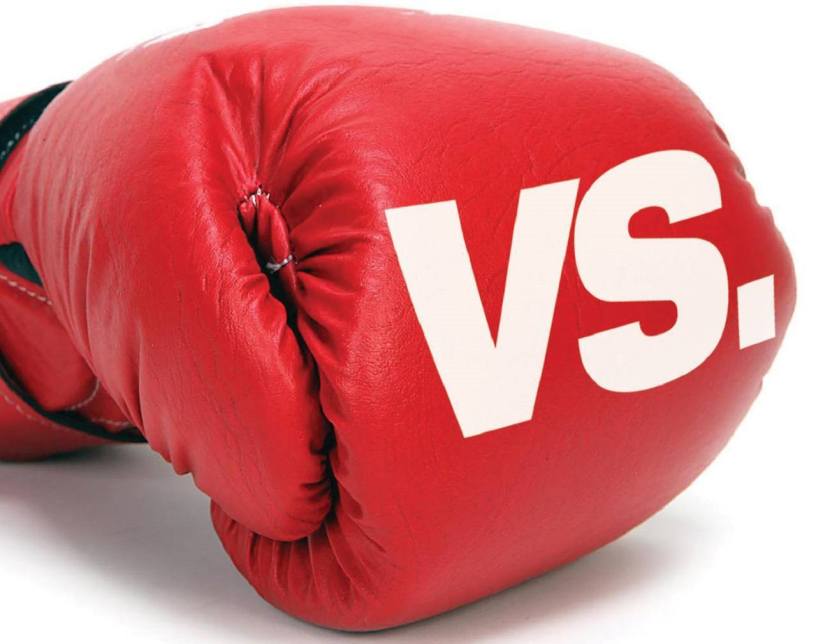When yet another pair of dueling “why e-books are lousy/awesome” articles crossed my browser today (via The Digital Reader’s latest Morning Coffee link collection) I had to roll my eyes. It’s the debate that will seemingly never end—which is strange because you’d think it ought to have been settled by now.
It’s really not worth rehashing the articles in detail. If you’re interested in that sort of thing, click through, but I’ll wager that anyone who’s followed e-books for the last few years could come pretty close to reciting both articles’ major points verbatim without looking. The ability to show off your collection (print). Never being without a book (e-books). The ability to flip to the sections you’re looking for (print). Never losing your place (e-books). And so on.
The thing that gets me is that everyone who feels the need to write such a thing is so vehement about it, and seem to be just as much so now as when the first Kindle first came out. It makes me wonder whether, back when Penguin first started releasing paperbacks, people felt the need to pen impassioned screeds about how they would never be caught dead reading a paperback, or about how paperbacks were so much more awesome and convenient than hardcovers.
Now, of course, the very idea seems foolish. I’ll wager few people who read print books care too much whether they’re in hardcover or paperback. Hardcover books are more durable and more convenient for some purposes—they can actually lay flat when open, for example, so you can read them while eating or drinking (as long as you’re careful not to get stuff on the pages). But paperbacks are cheaper, smaller, and lighter—easier to tote around and less hurtful on the budget. It’s hard to imagine someone not choosing to read one or the other on ideological grounds. Indeed, if you asked most people “Do you prefer paperbacks or hardcovers?” they’d probably be hard-put to express a preference, except possibly a situational one.
And I expect that’s how it will become, sooner or later, for e-books versus print. Studies show that many e-book users still buy print books as well, especially now that the rate of adoption of e-books seems to be leveling off. So, clearly, even people who are happy with e-books’ convenience still find reasons to dip into dead tree pulp every now and again—just like people who prefer paperbacks or hardcovers will nonetheless happily read a printed book of the other kind if it’s what they have on hand. There might always be some holdouts, but sooner or later I expect these “versus” arguments will seem every bit as quaint as horse vs. horseless carriage.


Debates like this have been going on since the internet provided a means to debate them. Some of the early debates were about which is the best computer language and which is the best compiler and which is the best text editor and is assembly language worth learning. These issues, like whether print or ebooks are better, can never be resolved because they’re simply matters of taste.
I see nothing wrong with keeping these debates alive. i also see nothing wrong with ignoring them if you’ve had enough. I guess the only problem I see here is with the dismay that they’re still going on. They’re a product of passion and passion is a good thing.
Barry
LikeLike